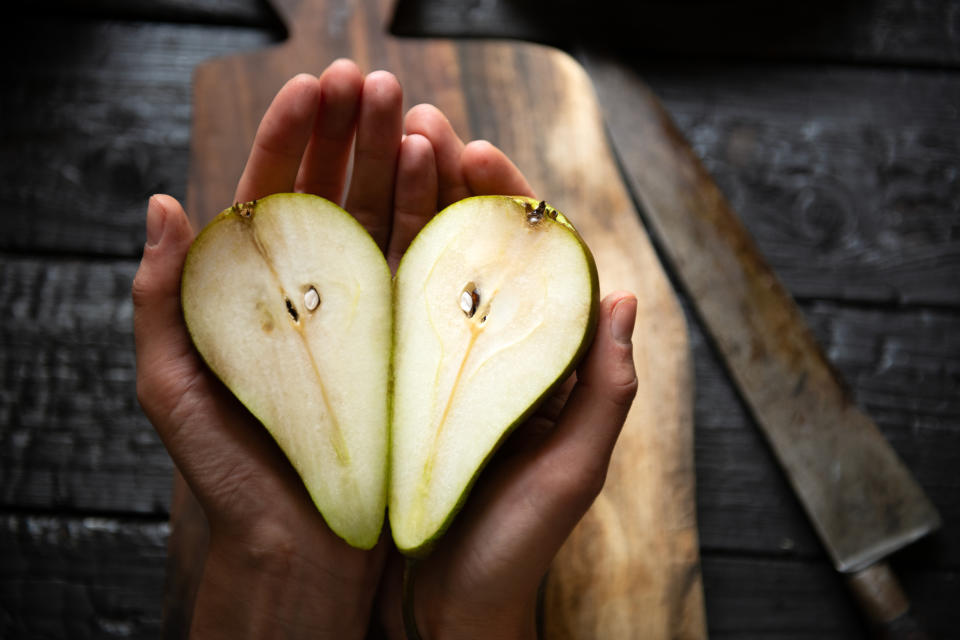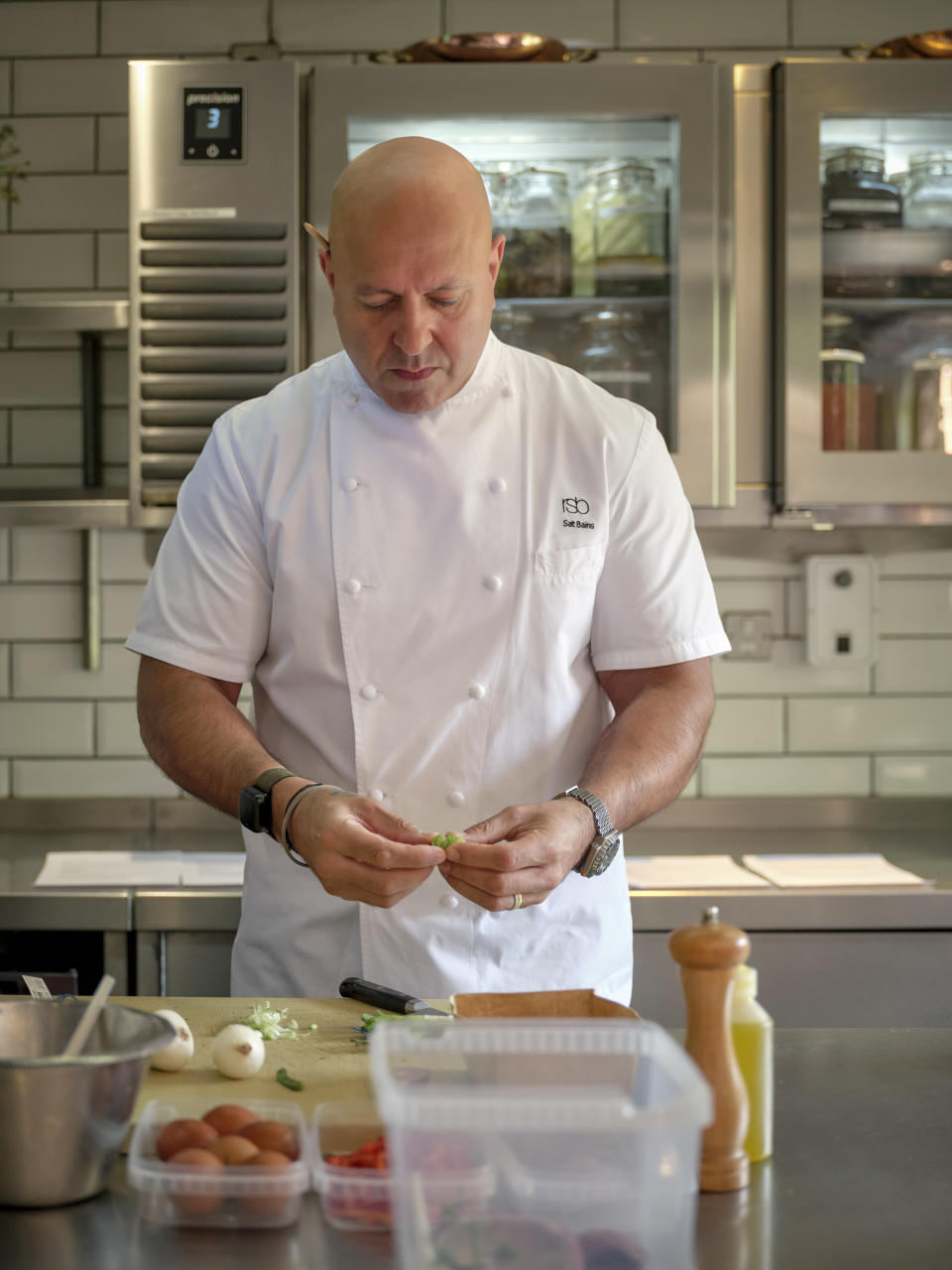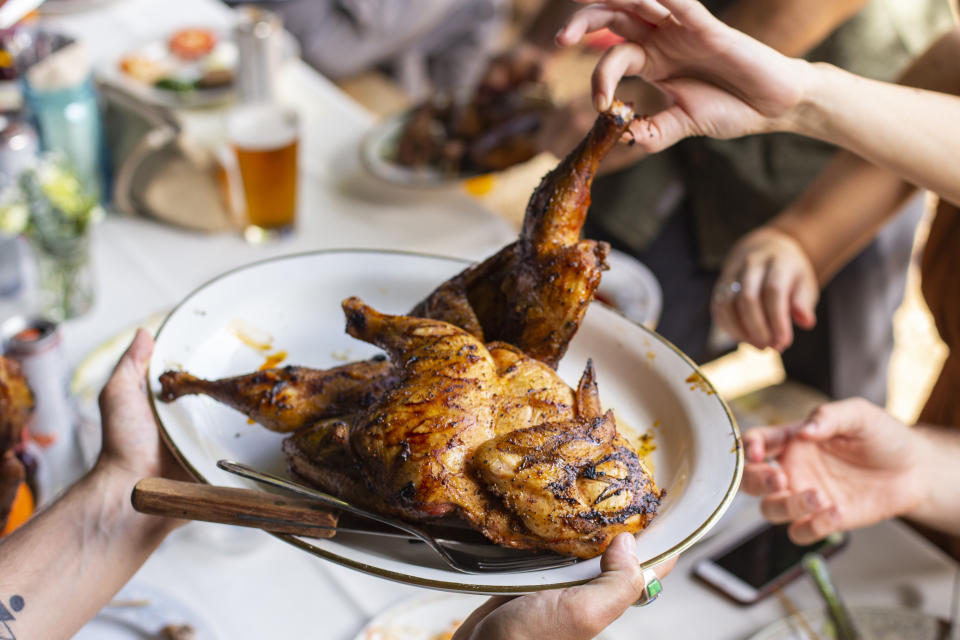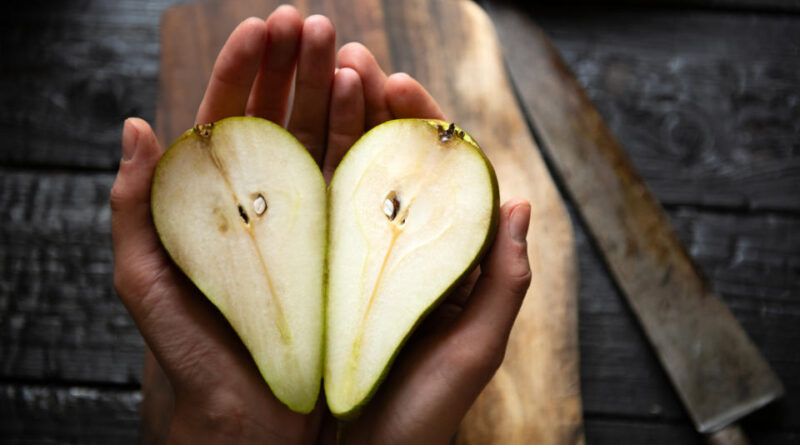How to get heart healthy nutrition without sacrificing taste
Making big changes to your diet can be challenging, even if you know it’s good for your health. This is especially true when eating healthy means giving up some of your favorite foods – something Jeremy Clarkson knows all too well.
The Top Gear star, 64, revealed that he had to make a lifestyle change recently after suffering from blocked arteries which could have turned into death if not treated in time.
Writing in The Sun, Clarkson said the “worst problem” with the new changes was her diet. He said: “To reduce my high cholesterol, I need to completely cut out everything I like to eat.
“Bacon, sausages, beef, lamb, pork, butter, chips, regular milk, Cadbury fruit and nuts, and the interesting part about the egg. I’ve had a week now of living in a regime that new and terrible.”
Clarkson’s struggle to transform her existing diet into a heart-healthy one will be familiar to many who have had to do the same. However, with heart disease being the UK’s most common cause of premature death, it is important to take the necessary lifestyle changes seriously.


But don’t despair, switching to foods that are good for your heart doesn’t mean giving up bland and boring foods. There are many ways to make healthy food tasty and delicious.
Can heart-healthy foods really taste good?
It can seem like a daunting task to change your diet, especially if you don’t think your new diet will make you happy. But Sat Bains, a Michelin-starred chef based in Nottingham, aims to provide delicious everyday recipes packed with heart-healthy vitamins and minerals in his new cookbook, Eat to Your Heart’s Content.
The cookbook is a collaboration between Bains, who suffered a heart attack “widow” in 2021, and his friend and nutritionist, Dr. Neil Williams. Recipes include dishes like chicken meatballs with butter beans and lemon and lamb shanks with harissa.
Speaking to Yahoo UK, Bains said: “I focus more on cooking whole foods, rather than processed foods. My approach is a lot of lean meat, like steak or sirloin, as well as scallops, salmon, haddock, cod, tuna, chicken – loads of recipes and chicken.
“I also included a whole section of salads because they can be very good because they are full of different flavors and freshness and acidity.”


The type of cooking you do is just as important as the ingredients you use. Bains says she prioritizes shallow frying, grilling, broiling and steaming – her cookbook doesn’t include deep frying.
“There are so many different types of food, from things cooked in a pan like stew, to slow cookers. You can prepare your meals in advance using bookmarks so you know what you want don’t cook ahead of time.”
What foods should I prioritize for my heart?
According to cholesterol charity Heart UK, heart-healthy foods include:
Eating more fruits, vegetables and plant-based foods
The charity promotes vegetables, pulses (such as peas, beans and lentils), fruit, nuts, seeds and whole grains. Eat at least five portions of fruits and vegetables a day – fresh, frozen, canned and dried.
Eating a variety of healthy sources of protein
These include peas, beans, lentils, fish, nuts, chicken and lean red meat—all foods high in protein and nutrients but low in saturated fat. If you eat red meat, you should make sure that it is lean and be careful with the amount.


Eating low-fat dairy products or fortified dairy products
Dairy products contain calcium, which is necessary for our health. Choosing low-fat varieties can help you avoid excess fat, and if you do choose dairy, go for unsweetened, calcium-fortified varieties.
Swap out saturated fat for heart-healthy fat
Instead of butter, lard, ghee, coconut and palm oil – which are high in fat – the charity advises eating vegetable-based spreads and oils. Stick to a little butter if you want to eat it once in a while.
Include starchy foods that are high in fiber
Carbohydrates such as whole grain bread and chapatti, brown rice, wholemeal pasta, or breakfast cereals are high in fiber. This helps with digestion and makes you feel full so you don’t snack.
Limit sugary foods and drinks
Although sometimes treatment is perfectly fine, limiting foods high in sugar is important to maintain a healthy weight. Biscuits, cakes, chocolates and soft drinks are all high in sugar.


Eat three small meals a day with one or two healthy snacks in between
The charity recommends monitoring your portion sizes to keep your weight under control, which will help keep your cholesterol in check. Eating regularly can help you stop eating junk food.
Making healthy choices when eating out
Eating out is fun, and many restaurants offer healthy meals with nutritional information that you can check before choosing your order. Heart UK recommends looking for menu items that are steamed, poached, fried, and fried, and to avoid foods described as crispy, fried, sauteed, buttery, au gratin, and creamy.
Read more about heart health:
#heart #healthy #nutrition #sacrificing #taste
